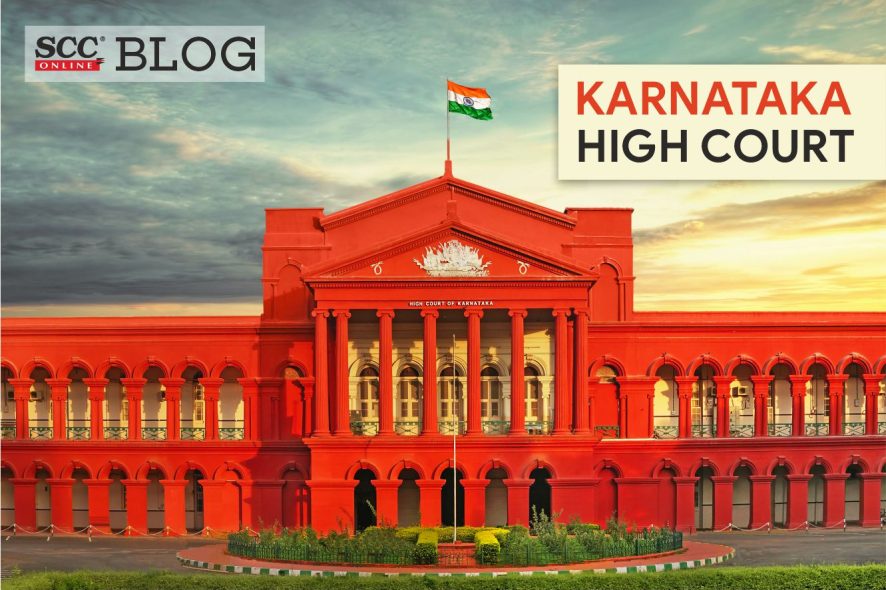Karnataka High Court: While deliberating over the instant petition seeking termination of proceedings under the provisions of the POCSO Act, the Bench of M. Nagaprasanna, J., observed that in cases involving sexual offences, merely because the DNA report for the paternity test favours the accused, it would not absolve the said accused in entirety of the offences so alleged. It was further observed that negative inference regarding the commission of alleged act cannot be drawn just because the DNA report came in favour of the accused (herein petitioner); moreover, the DNA sample report that is given by the analyst should also be confirmed by way of evidence. “Mere production of DNA sample report before the Court would not mean that it has to be taken as gospel truth without examination or cross-examination of the doctor who has rendered such opinion“.
The petitioner-accused is a 45 year old man working as a conductor in KSRTC. It was alleged that that on the night of 05-01-2021 the petitioner had indulged in sexual act with the victim, which allegedly resulted in her pregnancy. The victim’s father registered a complaint against the petitioner. Since the victim was 12 years old, the foetus had to be removed and the same was sent for DNA analysis along with the blood sample of the petitioner for paternity test.
While DNA report was yet to arrive, the Police in the meantime finished their investigations and filed a chargesheet in the matter, pending the receipt of the DNA report.
During the ongoing proceedings in pursuance of the chargesheet, the DNA report came revealing that the DNA sample of the foetus did not match with the blood sample of the petitioner. Therefore, the petitioner came up before the High Court seeking to terminate the proceedings.
The counsel for the petitioner contended that since the DNA report is negative, no offence can be made out against the petitioner and the proceedings against the petitioner under the provisions of POCSO Act and IPC should be terminated.
On the contrary, the respondent/complainant’s counsel placing reliance on the entire records of the case submitted that statement rendered by the victim under Section 164 CrPC, is clear as to what acts the petitioner had indulged in and, therefore, it would become a matter for trial for the petitioner to come out clean notwithstanding the report of the DNA being in favour of the petitioner.
Perusing the facts, contentions, contents of the complaint and the DNA report, the Court observed that the facts of the incident are not in dispute. However, the Court noted that the petitioner sexually assaulting the victim in the period between when her aunt went and came back from the washroom, was known to no one.
The Court also noted the statement of the victim under Section 164 of CrPC narrating the horrendous act of the petitioner. The DNA test would exclude the petitioner as father of the child, but cannot discredit what the victim has narrated in her statement that the petitioner had forcibly committed sexual acts on her. The Court further stated that there is no reason to disbelieve the testimony of the victim as narrated in the said statement. The DNA test cannot be said to be conclusive evidence with regard to the allegations made against the petitioner. The DNA test can at best be used as corroborative evidence.
Referring to several precedents rendered by the Supreme Court, the Bench stated that in the instant case the inference that can be drawn is be, if result of the DNA comes about against the accused, it would constitute clinching evidence against him for further proceeding. If the result is favouring the accused, then the weight of other materials and evidence on record will still have to be considered for corroboration.
[Swamy B. v. State, 2022 SCC OnLine Kar 1542, decided on 15-09-2022]
Advocates who appeared in this case:
Manjunath V., Advocate, for the Petitioner;
K.S. Abhijith, HCGP, Advocate, for the Respondents.
*Sucheta Sarkar, Editorial Assistant has prepared this brief.






